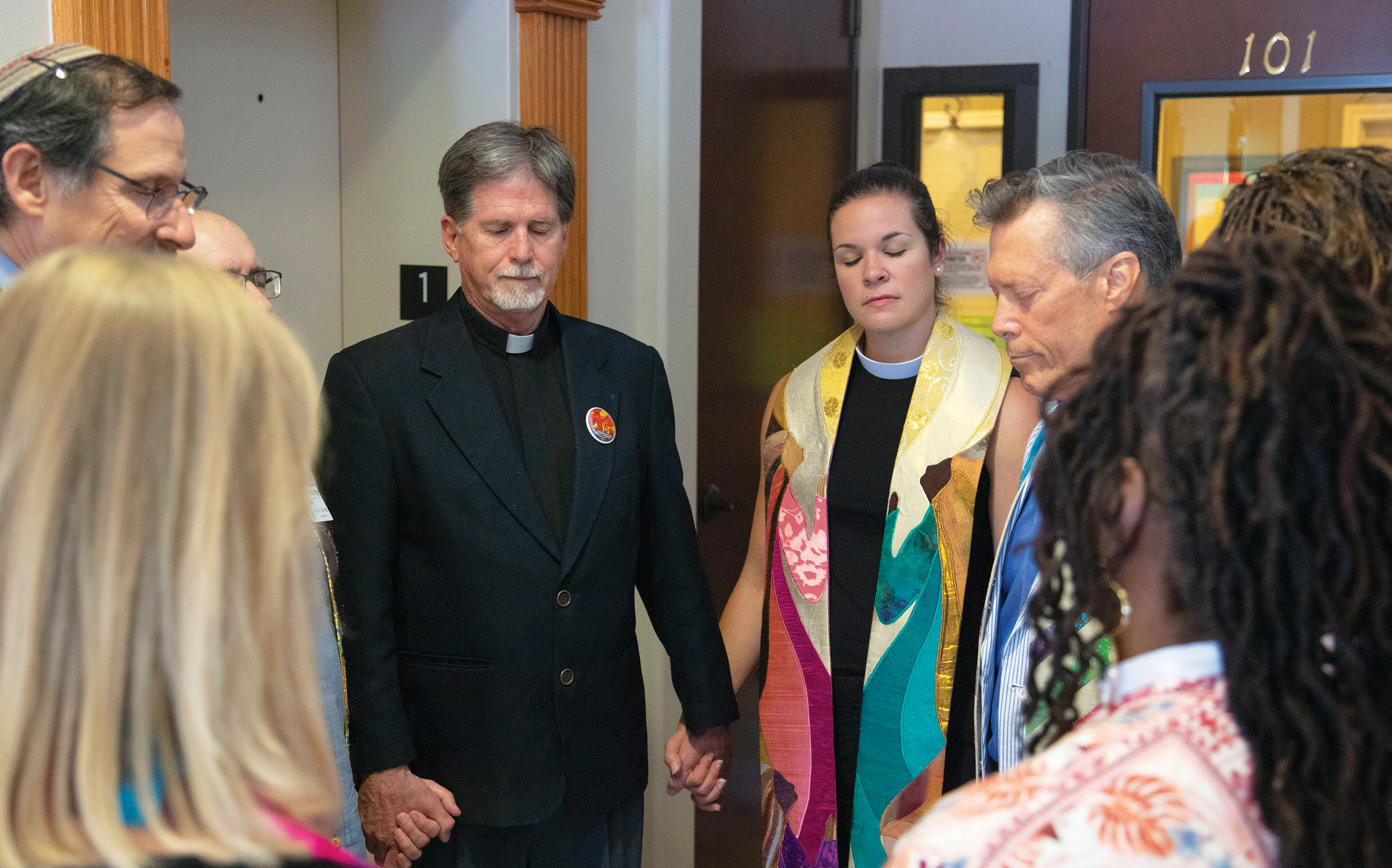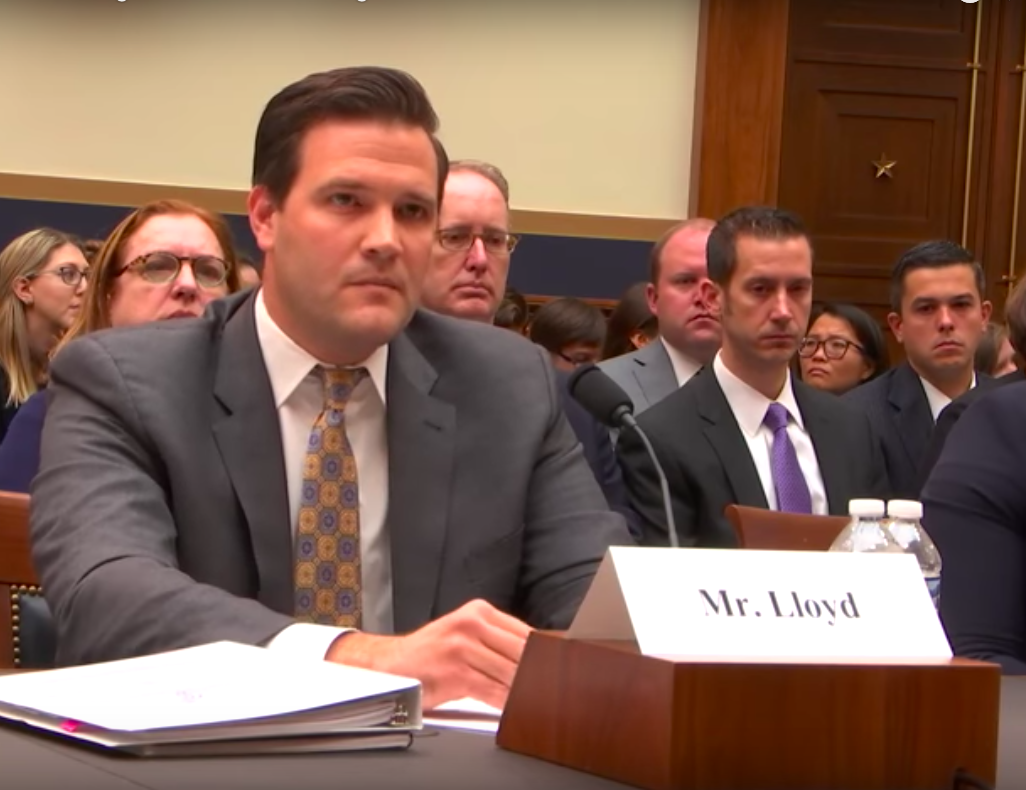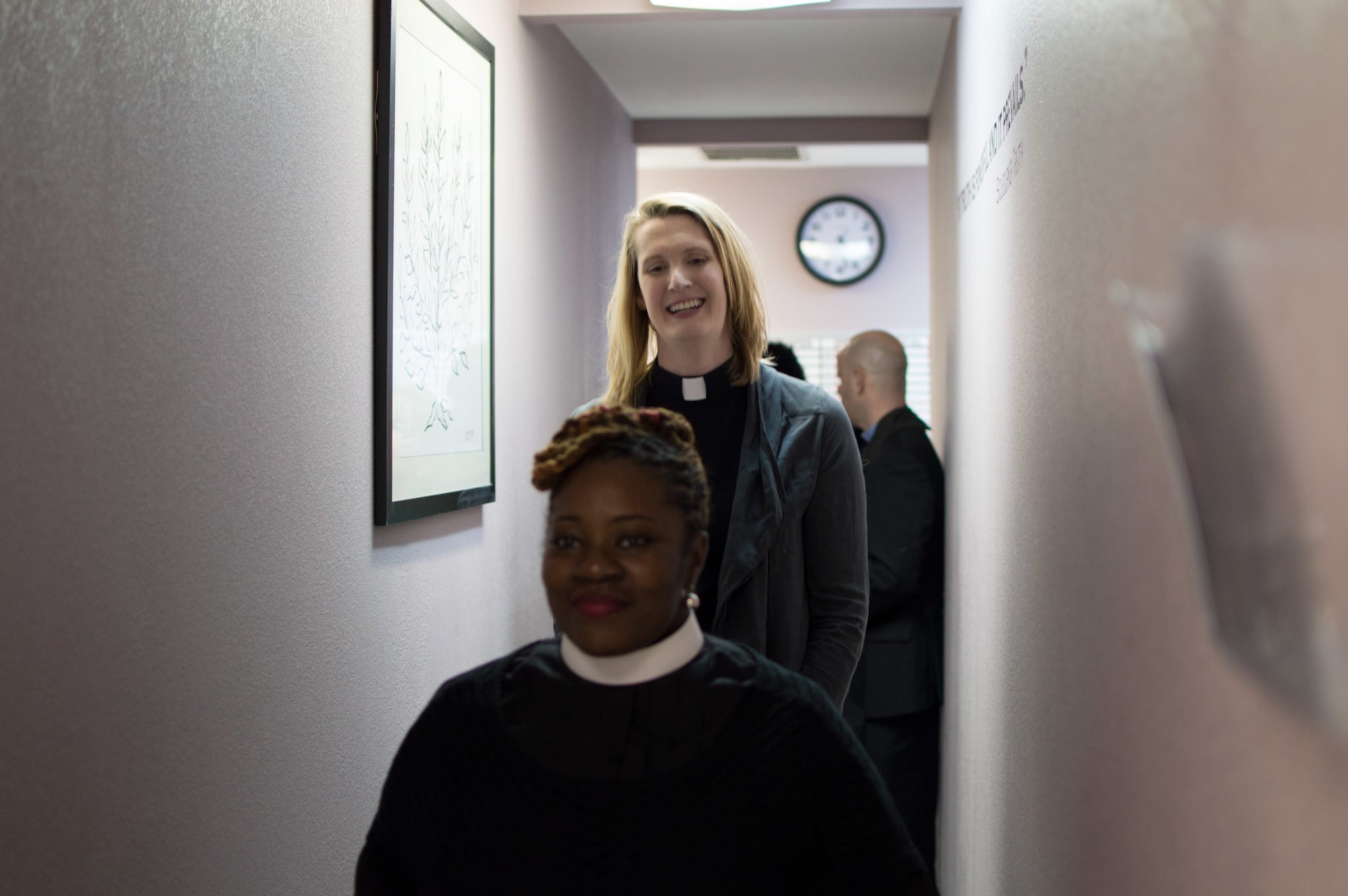
Religious Leaders Gather to Bless Texas Abortion Clinic
Amid pending litigation over anti-abortion laws, local clergy sang songs and prayed at Whole Woman’s Health in Fort Worth in Thursday.
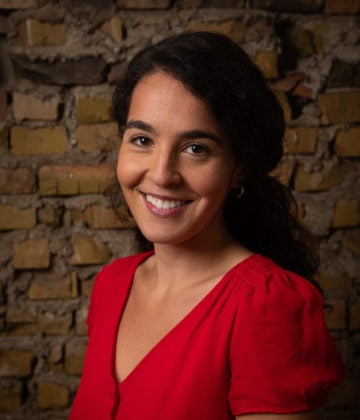
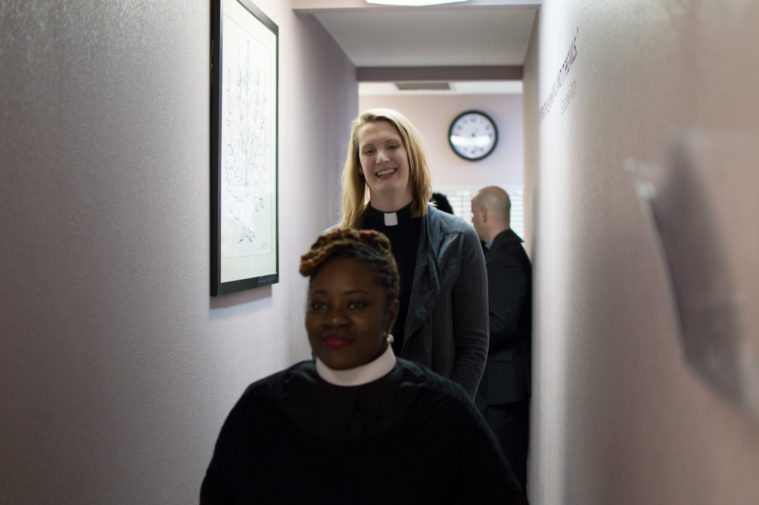
During an hours-long Texas House debate this spring, far-right Representative Matt Schaefer pushed an amendment that would eliminate the fetal abnormality exception to the state ban on abortions after 20 weeks. “Why should a woman be forced to give birth to a baby that will die in birth?” asked Democratic Representative Rafael Anchia. “Because it’s a person created in the image of God,” Schaefer responded.
That amendment proved a step too far for some anti-abortion lawmakers, and it was voted down. What did pass is a sweeping anti-abortion law that includes a so-called dismemberment ban that prevents physicians from performing dilation and evacuation abortions — the most common second-trimester procedure — without first causing “fetal demise.” That provision was championed by anti-abortion group Texas Right to Life, which maintains that “Every life is a gift from God.” Also included in the new law is a requirement that fetal remains be buried after abortions, which is supported by the Texas Catholic Conference of Bishops.
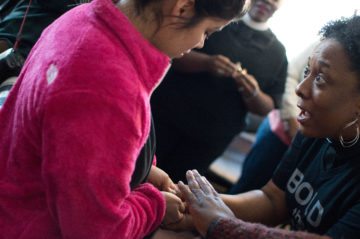
Anti-abortion advocacy is often inextricably tied to religion, but reproductive rights advocates want to counter that narrative. Late Thursday, clergy gathered at the Whole Woman’s Health abortion clinic in Fort Worth to bless the providers, clinic staff and patients. They sang “Hallelujah.” They prayed.
“There are progressive people of faith, even in Texas,” said Kentina Washington-Leapheart, director of programs for reproductive justice and sexuality education at the Religious Institute.
“We’re trying say [the extreme right’s] narrative isn’t the only narrative related to faith,” said Washington-Leapheart, a main organizer of the event. “Women seeking an abortion are largely women of faith. They’re not having an abortion in spite of their faith, it’s in many ways informing the decision they make. … They have a God-given right to make decisions about their life.”
The Fort Worth clinic was chosen for the event in part because many of its patients are people of color, who often face larger obstacles to reproductive health care, Washington-Leapheart said. “When thinking about access, we have to think about how race and class impact access.”
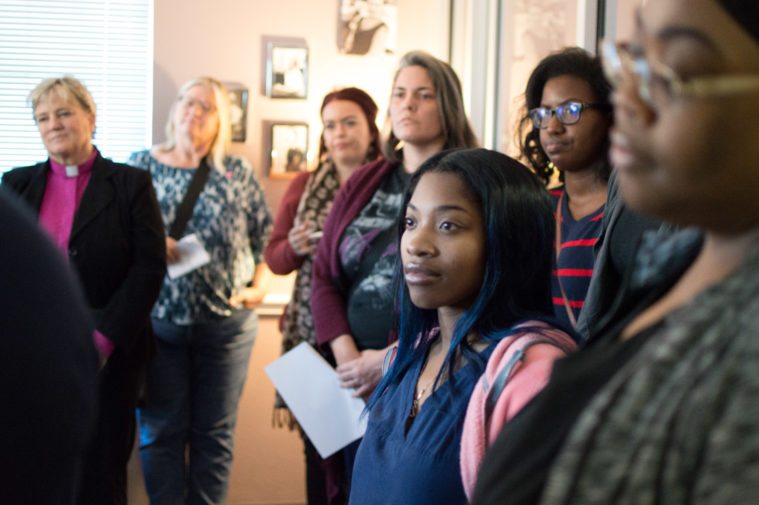
The clinic event comes one day after the final day of a trial challenging Texas’ D&E abortion ban. Whole Woman’s Health is a plaintiff.
Another abortion case winding through the courts is a challenge to a new federal policy from the Office of Refugee Resettlement (ORR) that bars undocumented minors in custody from getting an abortion without the express permission of the agency director, Scott Lloyd, who was appointed by Trump this spring after working at the Knights of Columbus, a Catholic organization.
The lead plaintiff, known as Jane Doe in court filings, was held in an ORR shelter in the Rio Grande Valley and blocked by the federal agency from terminating her pregnancy. She was able to get an abortion last month after weeks of legal battles.
“I made my decision and that is between me and God,” Doe said. “Through all of this, I have never changed my mind.”
